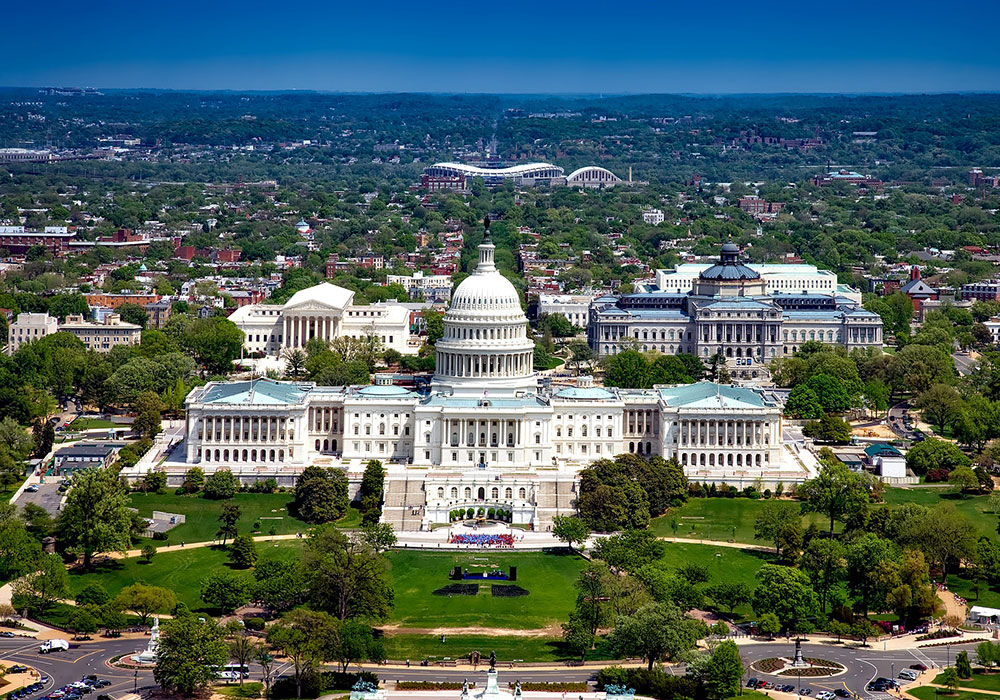In July 2021, the Biden-Harris administration, through the U.S. Departments of Health and Human Services (HHS), Labor, and Treasury and the Office of Personnel Management, issued the Requirements Related to Surprise Billing interim final rule to restrict surprise billing. The rule applies to billing for patients in job-based and individual health plans who obtain emergency care, nonemergency care from out-of-network providers at in-network facilities, and air ambulance services from out-of-network providers.
The rule, effective January 1, 2022, protects people from excessive out-of-pocket costs by limiting cost sharing for out-of-network services to in-network levels and prohibiting billing under certain circumstances. The rule also requires certain healthcare providers and facilities to furnish patients with a one-page notice on:
- The requirements and prohibitions applicable to the provider or facility regarding balance billing
- Any applicable state balance billing prohibitions or limitations
- How to contact appropriate state and federal agencies if the patient believes the provider or facility has violated the requirements described in the notice
“No one should ever be threatened with financial ruin simply for seeking needed medical care,” U.S. Secretary of Labor Marty Walsh said. “The interim final rule is a major step in implementing the bipartisan No Surprises Act that will protect Americans from exorbitant health costs for unknowingly receiving care from out-of-network providers.”
The provisions will help to provide patients with financial peace of mind while seeking care. According to the Centers for Medicare and Medicaid Services, two-thirds of all bankruptcies filed in the United States are tied to medical expenses.
This is the first of several stop-gap federal regulations to prevent surprise billing and ultimately improve access to care. Accordingly, the rule applies to patients “without any prior authorization and regardless of whether a provider or facility is in-network.” ONS’s position is that “all people should have access to comprehensive, affordable health care.” Join the fight against financial toxicity for all communities and patients, help patients who are struggling financially by providing resources and support, and let your lawmakers know you support legislation for accessible, affordable care.






